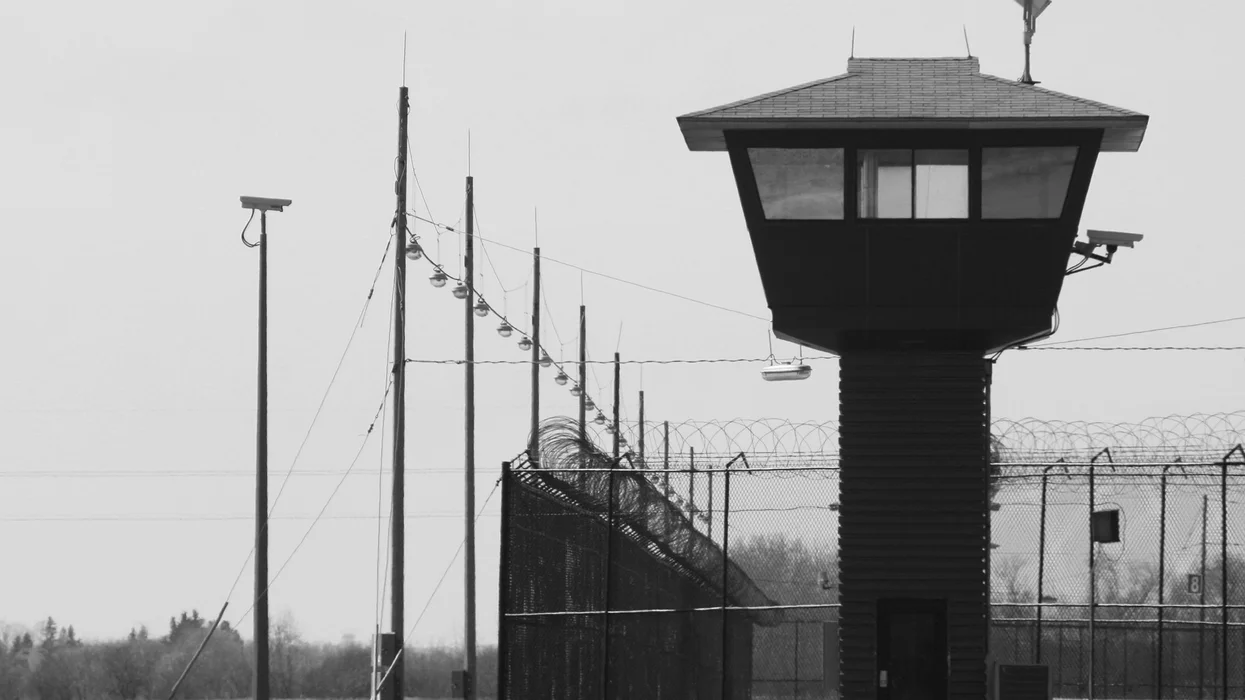
thevinman/Getty

Editor's note: We're facing an unprecedented moment in American history. Our government and multinational tech monopolies are making it clear that we, the people, are the target of the monstrous surveillance state they've constructed. The deep state is attempting to jail people who share memes, Blaze Media journalists, and even the leading presidential candidate. It's time we take back control over our privacy and digital communications, and this guide will provide you with the tools to do that. This is an excerpt from a larger guide.
This may sound difficult, but it is pretty simple to set up. You create an account, download it to your computer and phone, and you are ready to go. You can get your VPN going in less than half an hour.
What is a VPN, and what does it do?
When you use the internet, your computer has an internet protocol address that is trackable and traceable. Using a virtual private network masks your computer's address so it cannot be traced as easily.
VPNs are essential when using a public network like those at a coffee shop or airport. These wireless networks can easily be hacked. Sometimes, you cannot tell if you are using the coffee shop's actual network or if a hacker set one up with the store's name to fool you. A hacker can set up a wireless account with a fake name — such as the name of the coffee shop you are in. And you, thinking it is safe, access the internet through the wireless network of the hacker, who then takes your data.
VPNs are also crucial at home. While you probably don't need to worry about hackers tricking you, it doesn't mean your online activity is private. Your internet service provider, like Comcast or AT&T, can collect your searches and online activities and use or sell your data to advertisers. So even if you are using a good browser, search engine, and mail service that respects your privacy, you still want to use a VPN at home.
Finally, you'll want to use a VPN on all your devices, including phones and tablets. Anything that connects to the internet should be through a VPN. There are more advantages to a VPN than I can mention here. Here are some articles on how a VPN works and why to use one.
Several companies provide the service.
I have used Express VPN and Proton. You can get Express VPN for about $12 a month or Proton for $8 (+$4 for email).
The big thing is to get one and try it out. You can set up Express or Proton in several minutes. I promise. If you don't like the first one you try, you can always cancel and get another one. If you are like me, you may hesitate because you are trying to find the perfect solution. Don't do that. I can't tell you how many hours I've wasted doing that.
- YouTube youtu.be
Michael Matheson Miller